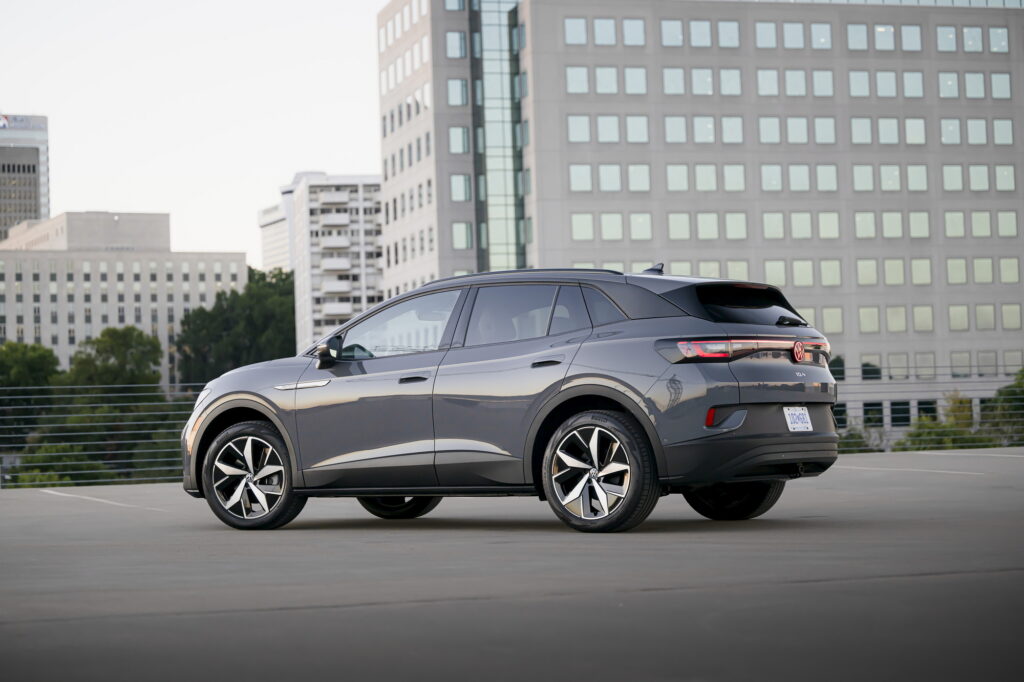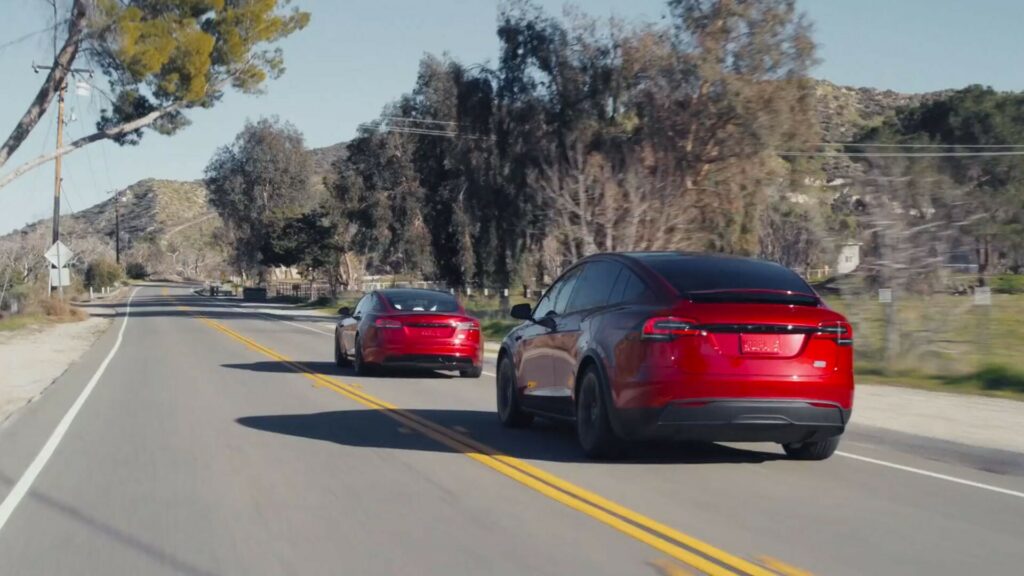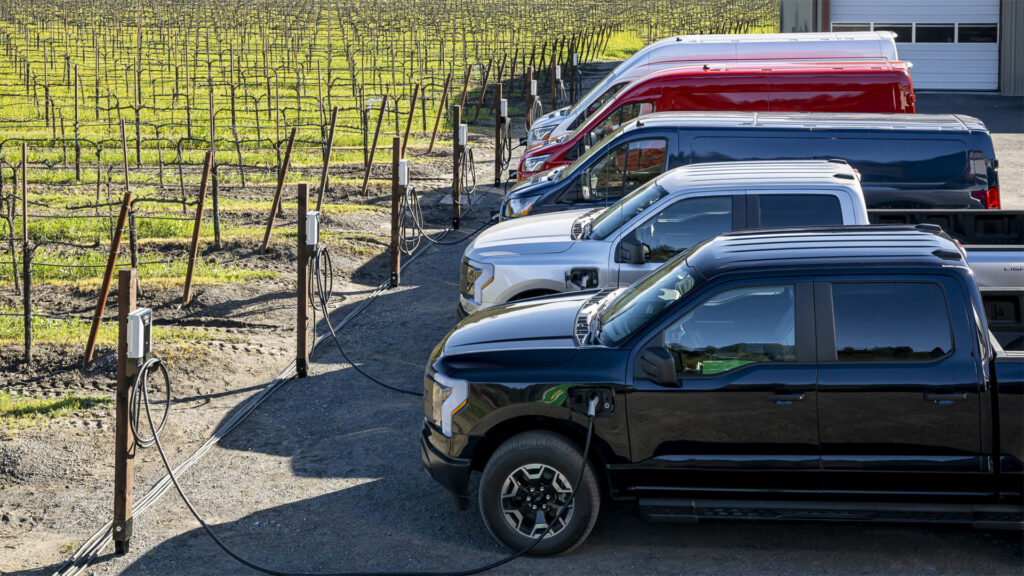As many as 75% of vehicles in the United States may be electric by 2050 thanks in part to states following California’s lead of banning the sale of ICE vehicles by 2035.
A report from energy and climate policy think tank Energy Innovation notes the huge impact that the 17 states which already follow California’s emissions regulations could have on the U.S. car industry if they also follow California’s move to only allowing zero-emission vehicles by 2035. Indeed, the report claims doing so could result in more than 239 million vehicles on American roads being all-electric by 2050.
The report notes that states like Virginia and Massachusetts have ‘trigger’ laws that automatically bind them to new vehicle standards adopted in California but most other states require agency or legislator approval for new rules to be implemented.
Read: California Could Outlaw Fully Autonomous Trucking

California’s Advanced Clean Cars II rule will require 35% of all new car sales to be for zero-emission vehicles for the 2026 model year before this ramps up to 100% by 2035. Eight of the states that already follow California’s tailpipe emissions rules have adopted or plan to adopt the ACC II rules. In the case of Colorado, it is partially adopting the rule and aims to reach 82% zero-emission sales through 2032 but has not yet committed to a year where 100% of sales will need to be ZEVs.
States that have committed to adopting the ACC II rules include Maryland, Massachusetts, New Jersey, New York, Oregon, Vermont, Virginia, and Washington, Auto News reports.
Not only would the adoption of California’s rules increase the number of EVs on U.S. roads but Energy Innovation says U.S. emissions could fall by 1.31 billion metric tons of carbon dioxide-equivalent pollutants by 2050, the equivalent to the greenhouse gas emissions of 13 coal plants operating through 2050 or more than 282 million gasoline-powered vehicles driven for one year. In addition, it could lead to $230 in annual savings per household, generate 300,000 jobs by 2050, and prevent 160,000 asthma attacks and 5,000 deaths by 2050.




